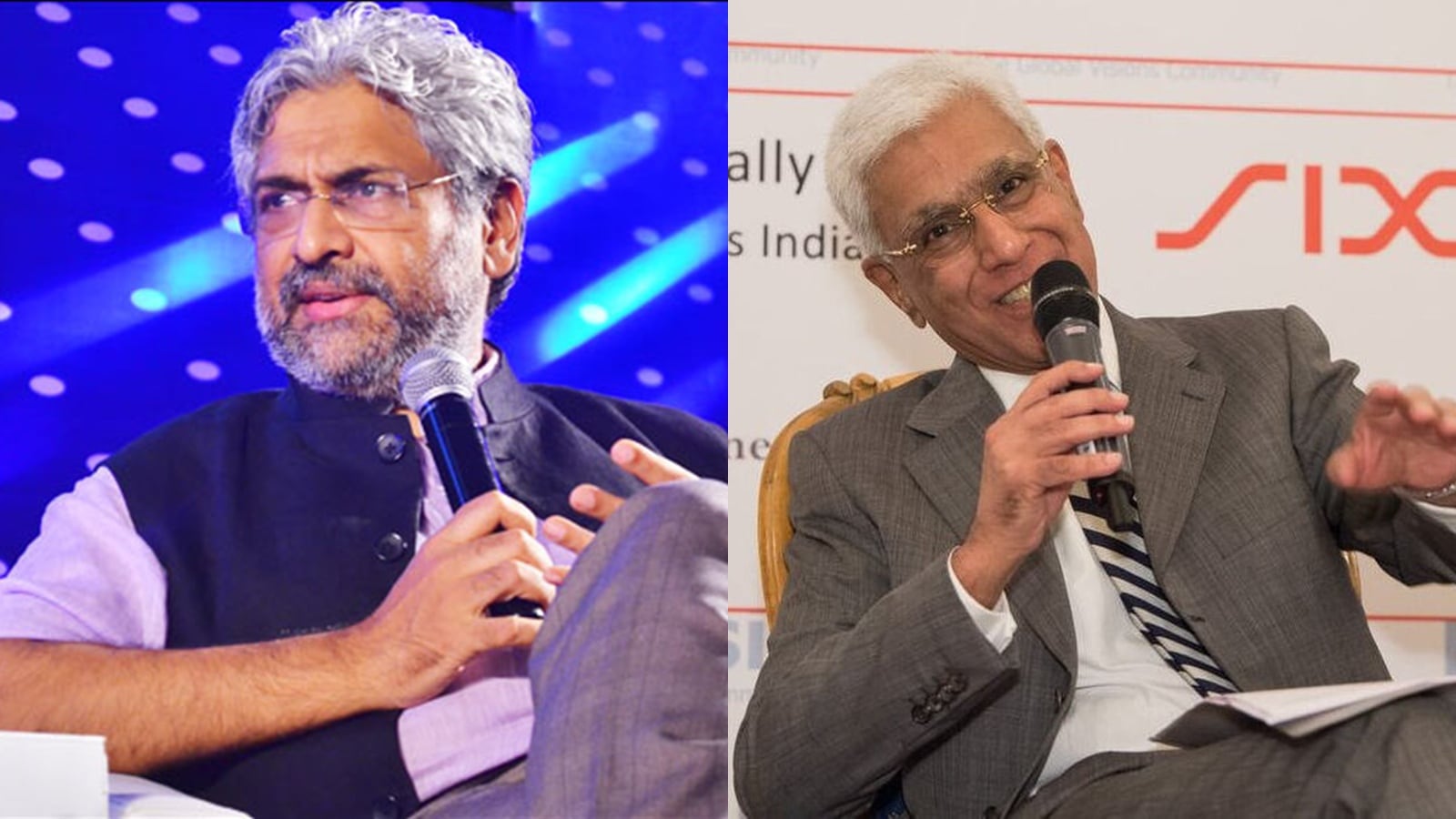 |
|
The summoning of journalists Siddharth Varadarajan and Karan Thapar by the Assam Crime Branch underscores a concerning trend of legal action against journalists, potentially hindering press freedom and raising questions about the use of legal mechanisms to stifle critical reporting. The core issue revolves around an FIR registered at the Crime Branch police station in Guwahati, implicating both journalists under Section 152 of the Bharatiya Nyaya Sanhita (BNS), alongside other sections relating to promoting enmity between groups, publishing false or misleading information jeopardizing the sovereignty, unity, and integrity or security of India, statements conducing to public mischief, and criminal conspiracy. The ambiguity surrounding the specifics of the case, as the summons lack detailed information regarding the accusations, adds to the complexity and concern. The initial trigger appears to be related to an article, potentially published by The Wire, the news portal where both journalists are associated, although the precise content remains undisclosed in the article provided. The invocation of Section 152, which deals with acts “endangering sovereignty, unity, and integrity of India,” is particularly noteworthy, given its serious implications and potential chilling effect on journalistic inquiry. The fact that the Supreme Court had already granted interim protection from arrest to Varadarajan in a separate but related case, lodged by the Morigaon district police under the same Section 152 of the BNS, adds another layer to the narrative. This suggests a pattern of the Assam police utilizing this particular section of the law in cases involving Varadarajan and, potentially, The Wire. The lack of transparency from the Assam Police, as evidenced by the refusal of the Joint Commissioner of Police Guwahati and DCP Crime Guwahati to share details of the complaint(s) underlying the FIR, further exacerbates the concerns regarding due process and the potential for misuse of power. Without clear articulation of the specific allegations, it becomes difficult to assess the legitimacy of the charges and the motivations behind the police action.
The response of Varadarajan highlights the procedural irregularities in the summons, including the absence of a copy of the FIR, the lack of details regarding the accusations, and the omission of the FIR's date. He also emphasized the previous legal action he had taken by moving the Supreme Court over an earlier FIR, suggesting a possible continuation of the same underlying dispute. His written response to the inspector underscores a willingness to cooperate with the investigation, provided that due process is followed, including the provision of the FIR. His offer to be questioned virtually or in Delhi demonstrates a commitment to transparency and accountability, while simultaneously safeguarding his rights and ensuring fair treatment. The situation raises several broader implications concerning the role of law enforcement in relation to journalistic freedom. The potential for Section 152 of the BNS, or similar laws related to national security, to be used as a tool to intimidate or silence journalists is a significant concern. It underscores the importance of clearly defined legal standards and procedural safeguards to prevent the abuse of such laws. A critical element is the requirement for law enforcement agencies to provide clear and specific information regarding the allegations against journalists, ensuring that they are afforded the opportunity to defend themselves effectively. The lack of transparency in the initial stages of the investigation can undermine public trust and create a perception of bias or political motivation. Independent scrutiny and oversight of law enforcement actions in cases involving journalists are essential to maintain accountability and prevent the erosion of press freedom.
The legal landscape surrounding journalistic freedom in India is complex, with a history of challenges and controversies. While the Constitution guarantees freedom of speech and expression, this right is subject to reasonable restrictions, including those related to national security, public order, and defamation. The interpretation and application of these restrictions have often been the subject of debate, with concerns raised about the potential for overreach and the stifling of dissenting voices. Cases involving journalists and media organizations frequently involve a balancing act between the need to protect national security and public order and the importance of upholding freedom of the press. The outcome of these cases can have significant implications for the broader media environment and the ability of journalists to report critically on matters of public interest. The current situation involving Varadarajan and Thapar underscores the need for a careful and nuanced approach to these issues, ensuring that legal actions against journalists are based on clear evidence and comply with established legal standards. International organizations and human rights groups have often expressed concerns about the state of press freedom in India, citing instances of harassment, intimidation, and legal action against journalists. These concerns highlight the importance of ongoing dialogue and engagement between the government, media organizations, and civil society to address the challenges facing the media environment and to promote a culture of respect for freedom of expression. The summoning of Varadarajan and Thapar serves as a reminder of the need for vigilance and advocacy to protect the rights of journalists and to ensure that the media can continue to play its vital role in holding power accountable and informing the public.
Source: Assam Crime Branch issues summons to journalists Siddharth Varadarajan, Karan Thapar
